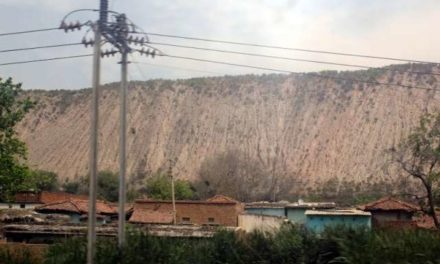by
Pastoral Land Commission
Network for Social Justice and Human Rights
Recent studies on the negative impacts of fossil fuels have contributed to agrofuels becoming one of the most important issues of the day.
Currently, the global energy matrix is composed of petroleum (35%), coal (23%), and natural gas (21%). Just ten of the wealthiest countries consume close to 80% of the energy produced in the world. Among these, the United States is responsible for 25% of the atmospheric pollution produced by this energy. Brazil is the fourth largest producer of carbon dioxide in the world. Its contributions to global warming are largely a consequence of deforestation of the Amazon rainforest, which accounts for 80% of the country’s carbon emissions. The expansion of monoculture agricultural production tends to exacerbate this problem, as it expands the agricultural frontier and places ever larger pressures on the Amazon and the Cerrado (savannah). Brazil is practically self-sufficient in energy production. As a result, the central objective of the expansion of agroenergy production is to meet the needs of other countries. This will result in the acceleration of global warming instead of contributing to the preservation of the planet.
The acceleration of global warming is a fact that places all life on our planet at risk. As a result, it becomes necessary to demystify the propaganda promoted by corporations in regards to the supposed benefits of agrofuels, which are pointed to as the primary solution. The concept of “renewable” energy should be discussed from a broader perspective that considers the negative effects of these energy sources.




![[IN PHOTOS] In Defense of Human Rights and Dignity Movement (iDEFEND) Mobilization on the fourth State of the Nation Address (SONA) of Ferdinand Marcos, Jr.](https://focusweb.org/wp-content/uploads/2025/07/1-150x150.jpg)



